Welcome to “Michigan Medicine Presents,” a wide-ranging exploration into topics spanning the field of medicine. We’ll dig into what’s happening on the leading edge of research and innovation, what we know about historic roots, and the current state of conditions that affect us all.
Subscribe:
Apple Podcasts | Google Podcasts | Stitcher
or wherever you listen to podcasts
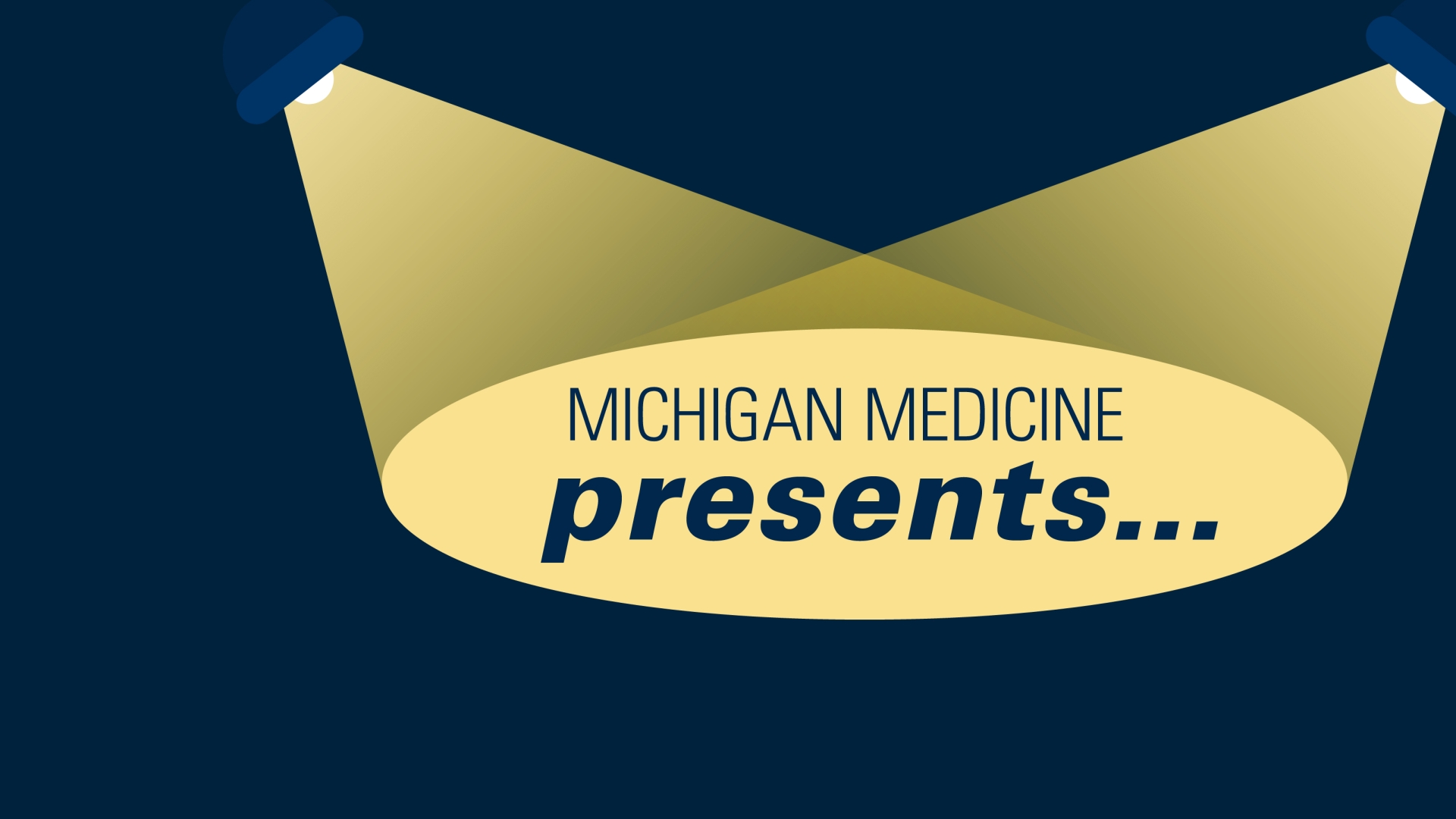
Michigan Medicine digs into a new topic with each season. Stop by for one season, or subscribe to the series to expand your horizons with each new episode.
Michigan Medicine is the academic medical center for the University of Michigan. The Michigan Medicine Presents is part of the Michigan Medicine Podcast Network. You can subscribe to Michigan Medicine Presents on Apple Podcasts, Google Podcasts, Stitcher or wherever you listen to podcasts
SEASONS
Almost 21 million Americans have at least one addiction. The financial impact on the US economy is staggering, but the human toll – the impact on lives and the lives of the person struggling with addiction – is immeasurable. Addiction threatens careers and destroys marriages. Even at its most basic level, any form of addiction harms a person’s health.
But most of us don’t treat addiction like other conditions that affect your health. Addiction is often stigmatized or hidden.
And that may be part of why so many of us know so little about what addiction actually is, and how it works.
The Science of Addiction talks with the experts at the U-M Addiction Treatment Services, part of the U-M Addiction Center and to help listeners better understand what we know about addiction today.
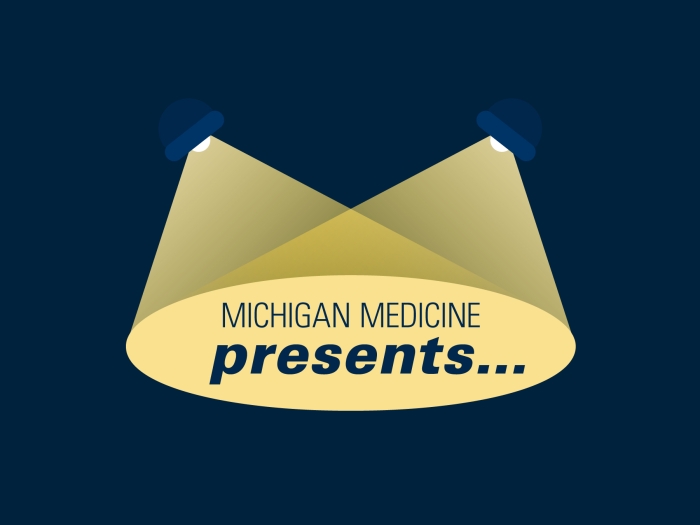


The Michigan Medicine Podcast Network brings together a range of podcasts covering everything from health and wellness news and innovative research to how the field of medical education is changing.
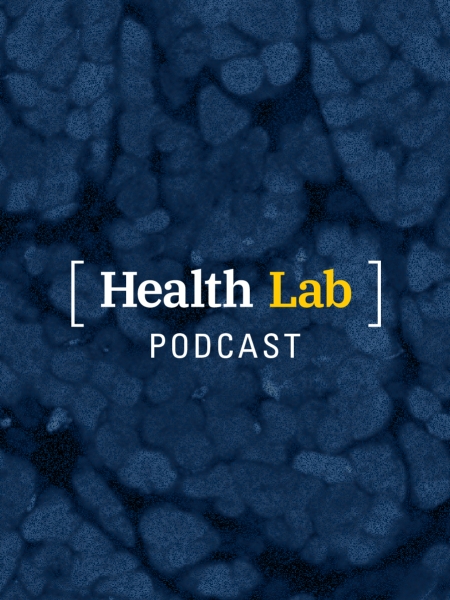
Health Lab Podcast is your destination for news and stories about the future of healthcare.
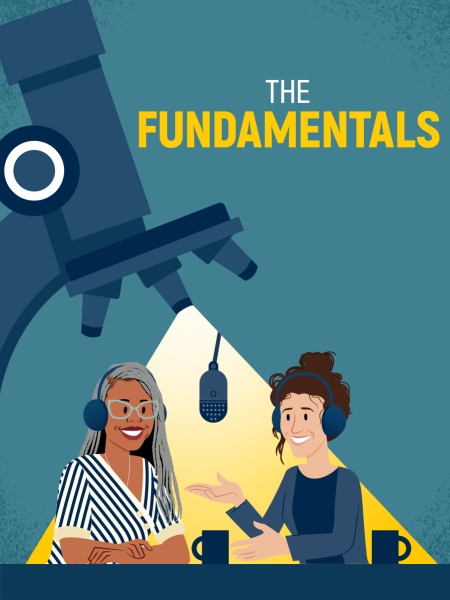
Welcome to The Fundamentals, a podcast where we explore biomedical research here at Michigan Medicine–and meet the scientists behind it.

The Michigan Medicine Podcast Network brings together a range of podcasts covering everything from health and wellness news and innovative research to how the field of medical education is changing.
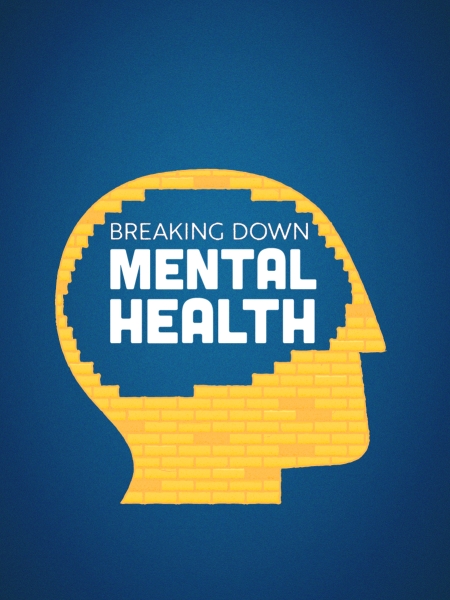
Breaking Down Mental Health focuses on educating medical professionals about various mental health topics.
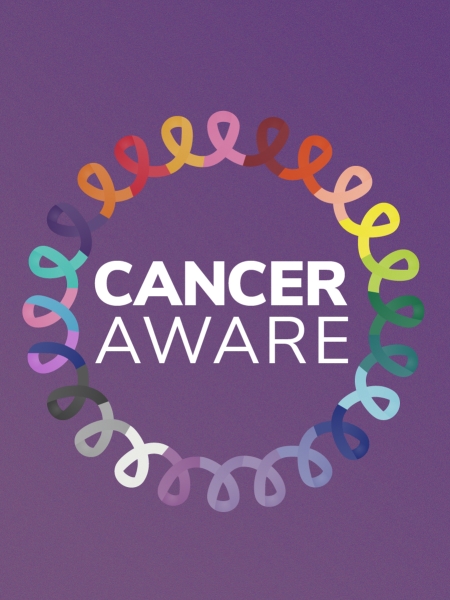
Knowing and understanding your cancer risk is important. Whether it’s prevention, treatment options, the latest discoveries or news, we’ll help you get Cancer Aware.
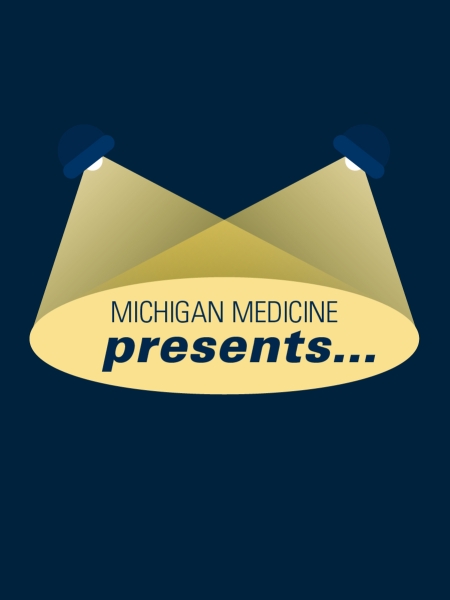
Welcome to “Michigan Medicine Presents,” a wide-ranging exploration into topics spanning the field of medicine.
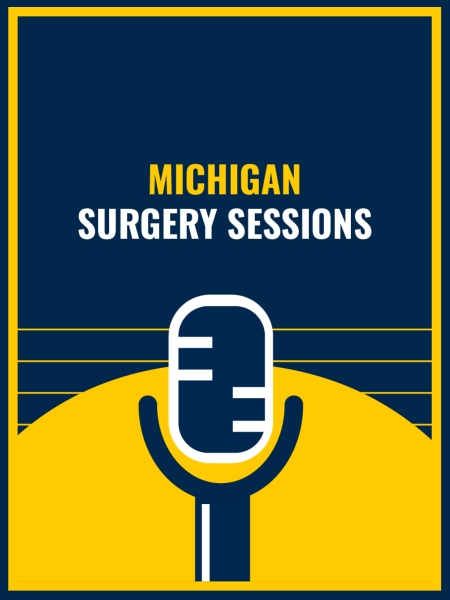
Join hosts from the Michigan Medicine Department of Surgery as they bring you stories about the latest in surgical clinical care, education and more with faculty, residents and medical students.
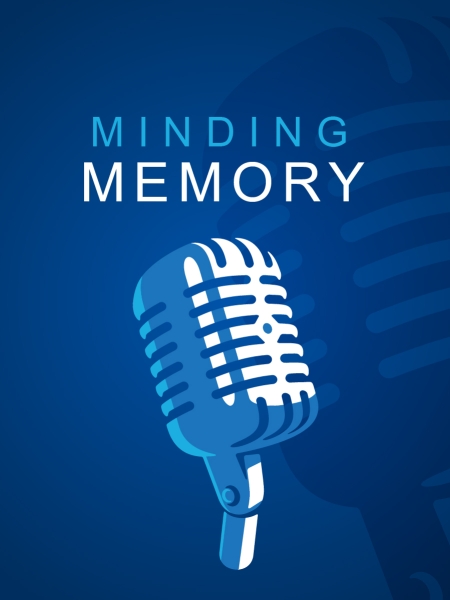
In this podcast we discuss topics related to dementia research. This is an all-hands-on-deck moment for dementia research, and we have topics for both those new to the space as well as old pros.